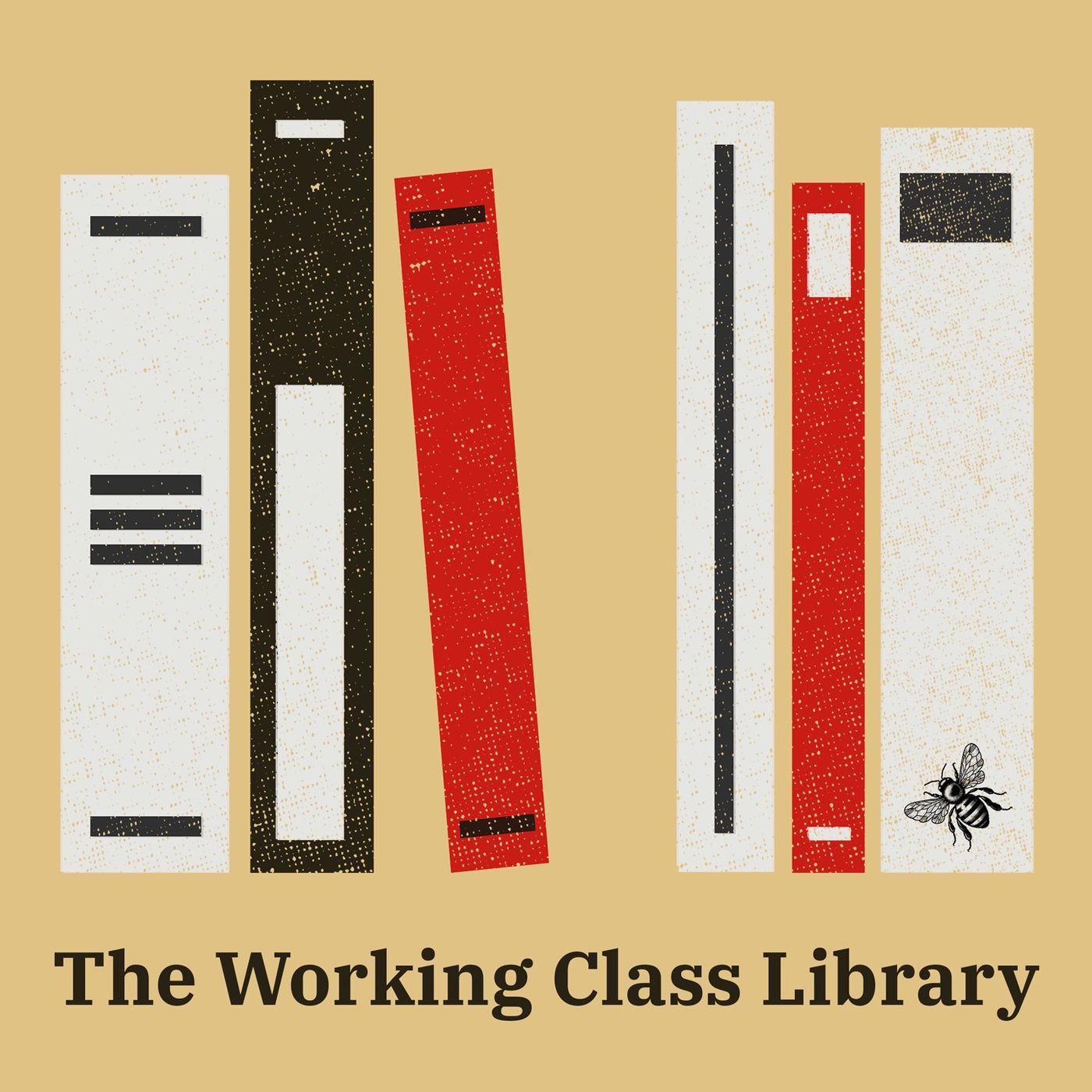The Working Class Library

The Working Class Library
Podcast Description
The Working Class Library is The Bee’s podcast. Each month Richard Benson, editor of The Bee, and Claire Malcolm, CEO of New Writing North, invite a writer to discuss a book and decide whether it deserves a place on the shelves of the Working Class Library – our imaginary library of great books by and about ordinary people.
Podcast Insights
Content Themes
The podcast focuses on literature intertwined with working-class themes, exploring books that provide insight into the experiences of ordinary people. Episodes revolve around significant works such as Irvine Welsh's Trainspotting, which illustrates the struggles under 1980s economic policies, Hilary Mantel's Giving Up the Ghost, highlighting the impact of a working-class background on personal and professional identity, and George Gissing's New Grub Street examining the literary landscape's class dynamics.

The Working Class Library is The Bee’s podcast. Each month Richard Benson, editor of The Bee, and Claire Malcolm, CEO of New Writing North, invite a writer to discuss a book and decide whether it deserves a place on the shelves of the Working Class Library – our imaginary library of great books by and about ordinary people.
For this episode, Richard and Claire are joined by novelist Sarah Hall to consider Flora Thompson’s memoir Lark Rise to Candleford.
These days, Lark Rise to Candleford is perhaps the best-known English rural memoir in print. Thanks in no small part to the BBC’s 2000s TV adaptation, and historic class-washing in its jackets and illustrations, it is commonly thought of as a rather cosily nostalgic book. In reality, however, it is strongly class-conscious and political. Why is Thompson’s trilogy not celebrated as a classic of working-class literature?

Disclaimer
This podcast’s information is provided for general reference and was obtained from publicly accessible sources. The Podcast Collaborative neither produces nor verifies the content, accuracy, or suitability of this podcast. Views and opinions belong solely to the podcast creators and guests.
For a complete disclaimer, please see our Full Disclaimer on the archive page. The Podcast Collaborative bears no responsibility for the podcast’s themes, language, or overall content. Listener discretion is advised. Read our Terms of Use and Privacy Policy for more details.